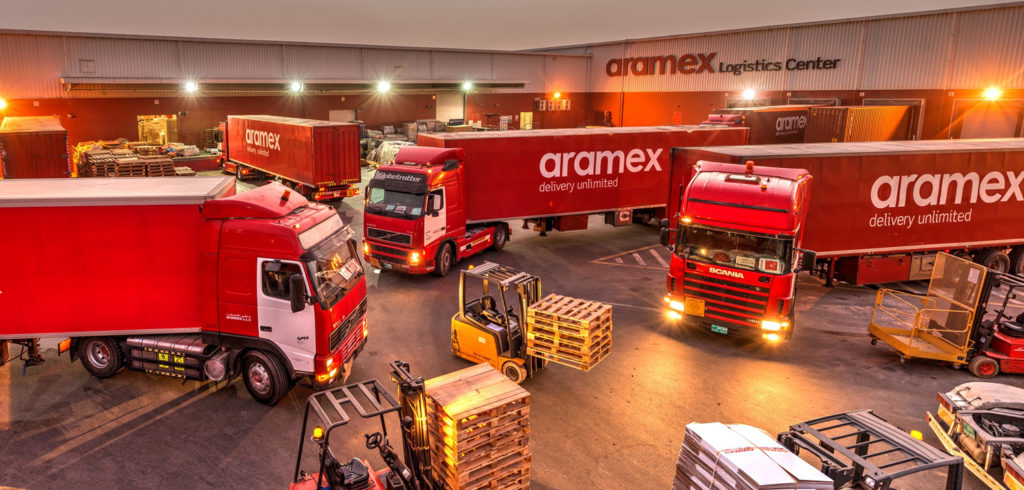Aramex has announced its financial results for the first quarter of 2019 revealing that revenues have grown by 4% over the first three months of the year to AED 1.234bn from AED 1.190bn in Q1 2018. Net Profit for the quarter rose by 4% to reach AED 108m, compared to AED 103m in Q1 2018.
Bashar Obeid, CEO, Aramex, said, “We continue to benefit from the healthy growth in global e-commerce volumes; however, we have started witnessing pressure on international express margins due to lower and more competitive pricing. Our key priorities for this year are to continue to invest in upgrading our service levels across all our core markets, while progressing aggressively in executing our digital transformation roadmap. This will help us boost operational efficiencies to cater for rapidly changing e-commerce business requirements, including faster shipping and delivery solutions at lower costs.
Iyad Kamal, chief operating officer at Aramex, added, “Another trend that positively impacted our business this quarter was the entrance of major Middle East retailers into the online sales space as part of an omnichannel approach, which is why we are investing in servicing this promising market. We also launched our new, partially automated fulfilment center at Dubai Logistics City, which has improved our logistics and supply chain management solutions and offering.
Our operating expenses have increased by 8% in Q1 2019 following the expansion of our infrastructure in key markets like Saudi Arabia. Today, we have more than 150 pick-up points across Saudi Arabia with aggressive plans to further expand our presence, in an effort to make it as convenient as possible for customers to pick up their packages and ship with Aramex.”
Aramex’s cross-border International Express business grew by 7% to AED 533m. This performance is mainly attributed to the continuous growth in cross-border e-commerce, which registered double-digit growth across most of Aramex’s markets, mainly Turkey, Asia and North America. Shipment volumes surged by 22% in Q1 2019, yet lower margins prevailed.
The Domestic Express business dropped by 3% to AED 257m, due in large part to the strategic restructuring in India and fluctuations in foreign currency, mainly in the South African rand and Australian dollar. Excluding those factors, the business would have grown by 7%. The e-commerce Domestic Express business performed very well in GCC markets, and registered double-digit growth especially in Saudi Arabia and the UAE.


